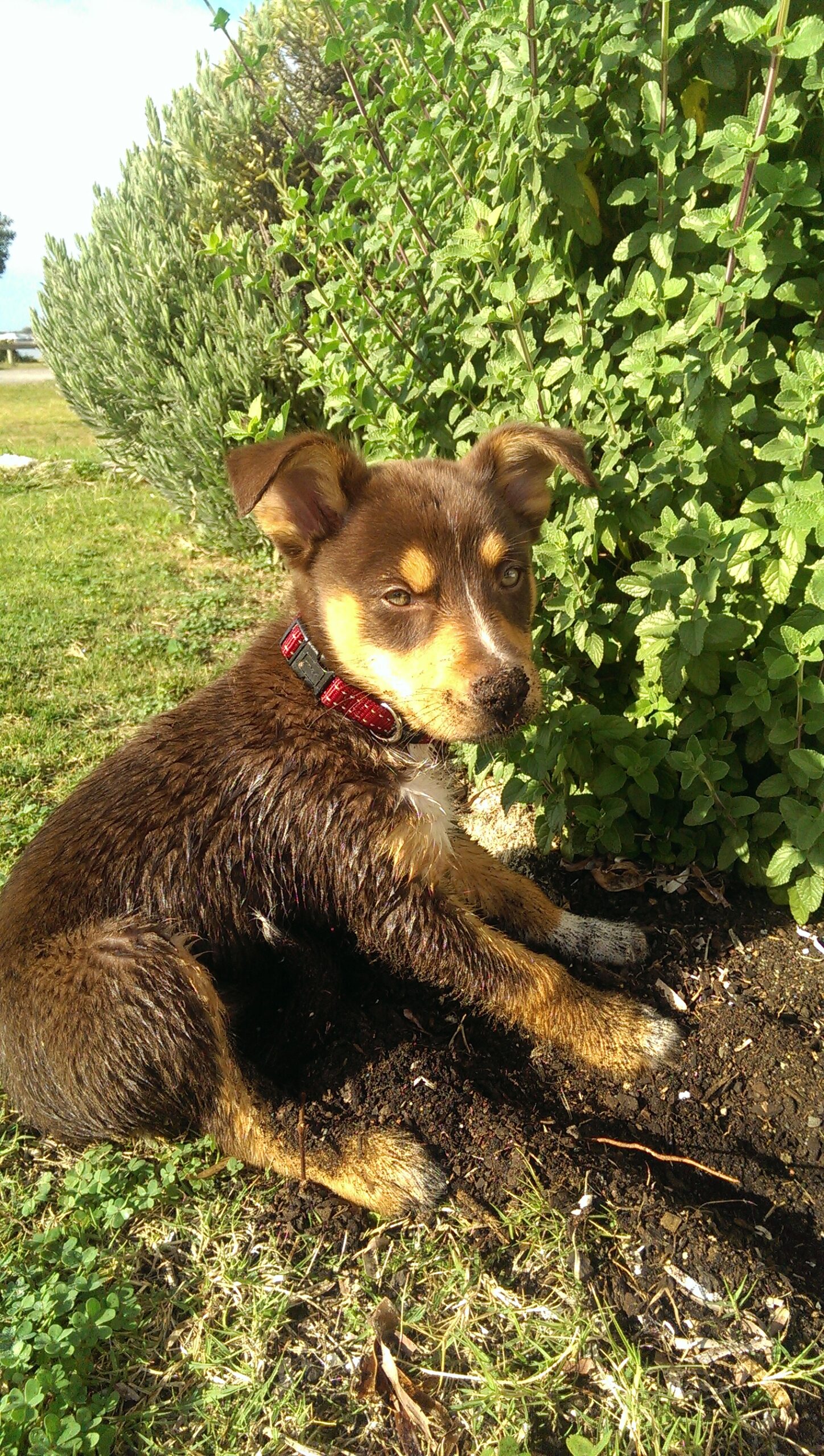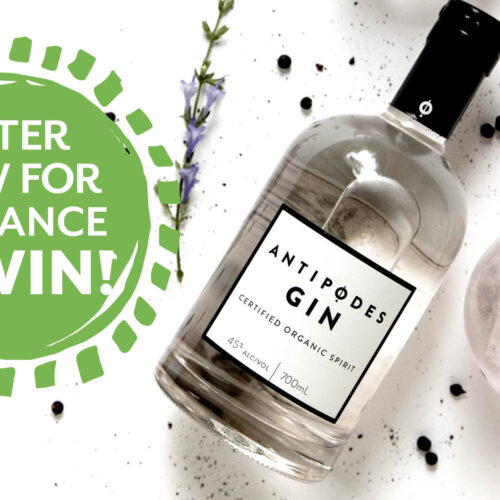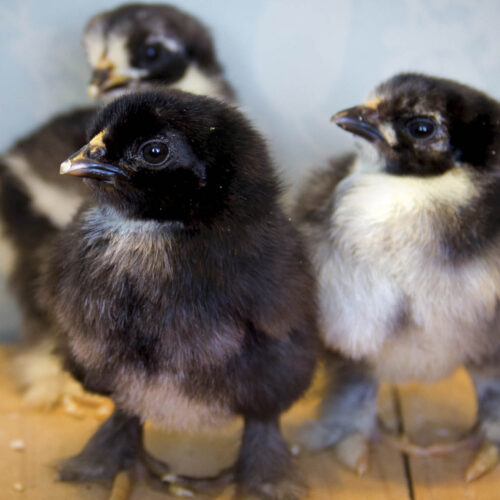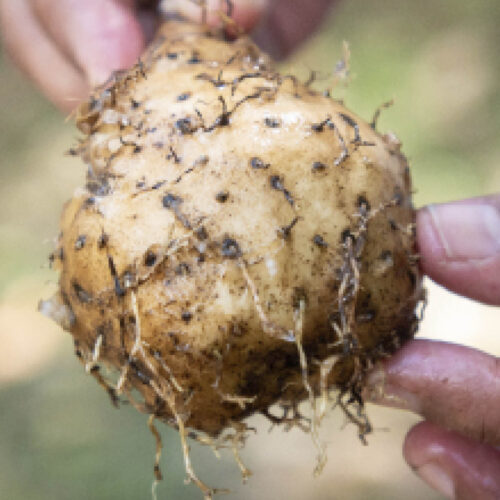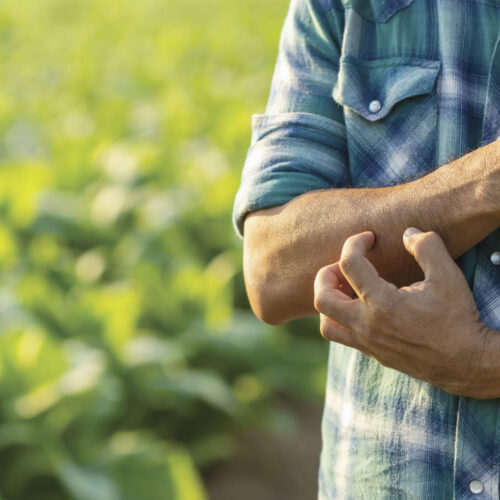Pets go organic
2014-12-22T00:57:30+11:00
More and more pet owners are turning to organic food and grooming products for their furry and feathered friends, writes KYLIE MCGREGOR.
Animals such as chooks, ducks and goats may not be classed as ‘pets’ by the mainstream, but they are among organic farmers, gardeners and permaculturists who also use them to contribute to the fertility of their soil. Perhaps this is why certified organic feeds for these animals and other stock have been available in Australia for many years. However, organic options for dogs and cats have been lagging behind.
While many pet owners have chosen to feed their dogs and cats a homemade diet of fresh organic meat, vegetables and grains, there is now agrowing range of certified organic commercial pet foods available on the Australian market for quick, healthy meals. According to Joanne Barber, general manager – commercial, Australian Organic (which owns leading certification body Australian Certified Organic), consumer demand has seen a number of certified organic dog and cat foods – including dry kibble and cooked canned meals as well as fresh meat and treats – become available in Australia in the past couple of years, and that interest in manufactured pet food which is free of pesticides, preservatives and hormones is continuing to grow.
“For many people, the food they serve their pet is in line with their own food philosophies,” she says. “And this is driven by consumers who want to say no to GMO [genetically modified organisms] and chemicals – for themselves and their pets – and to add value to their environment.”
As yet there have been no clinical trials carried out on organic pet food, but Barber says we can draw on the results of human studies for insight. “One of the big things with organic certification is that there is no testing on animals,” she says. “But we can look at what we do know, and research by RMIT University (in Melbourne), led by Professor Marc Cohen, shows that by switching from a conventional diet to an organic diet, in just one week you can reduce pesticides in the body by up to 90 per cent.
“When it comes to food it is just as important and beneficial for animals to be eating non-toxic ingredients as it is for humans.” Pet nutritionist Naoko Okamato, from Sydney’s Pet Nutrition Centre, agrees: “Just as humans rely on good nutrients to ensure that our bodies function well, the same goes for animals. If they don’t get the right nutrients, they will become deficient and this can result in stunted growth and make them more susceptible to disease and illness.
“I believe that most pets are actually much more at risk, compared to humans, if they are exposed to chemicals and additives. Pets typically have much smaller bodies than people. They aren’t able to communicate with us when they don’t feel well, and their kidneys don’t have the capacity to filter large amounts of chemicals and additives.”

